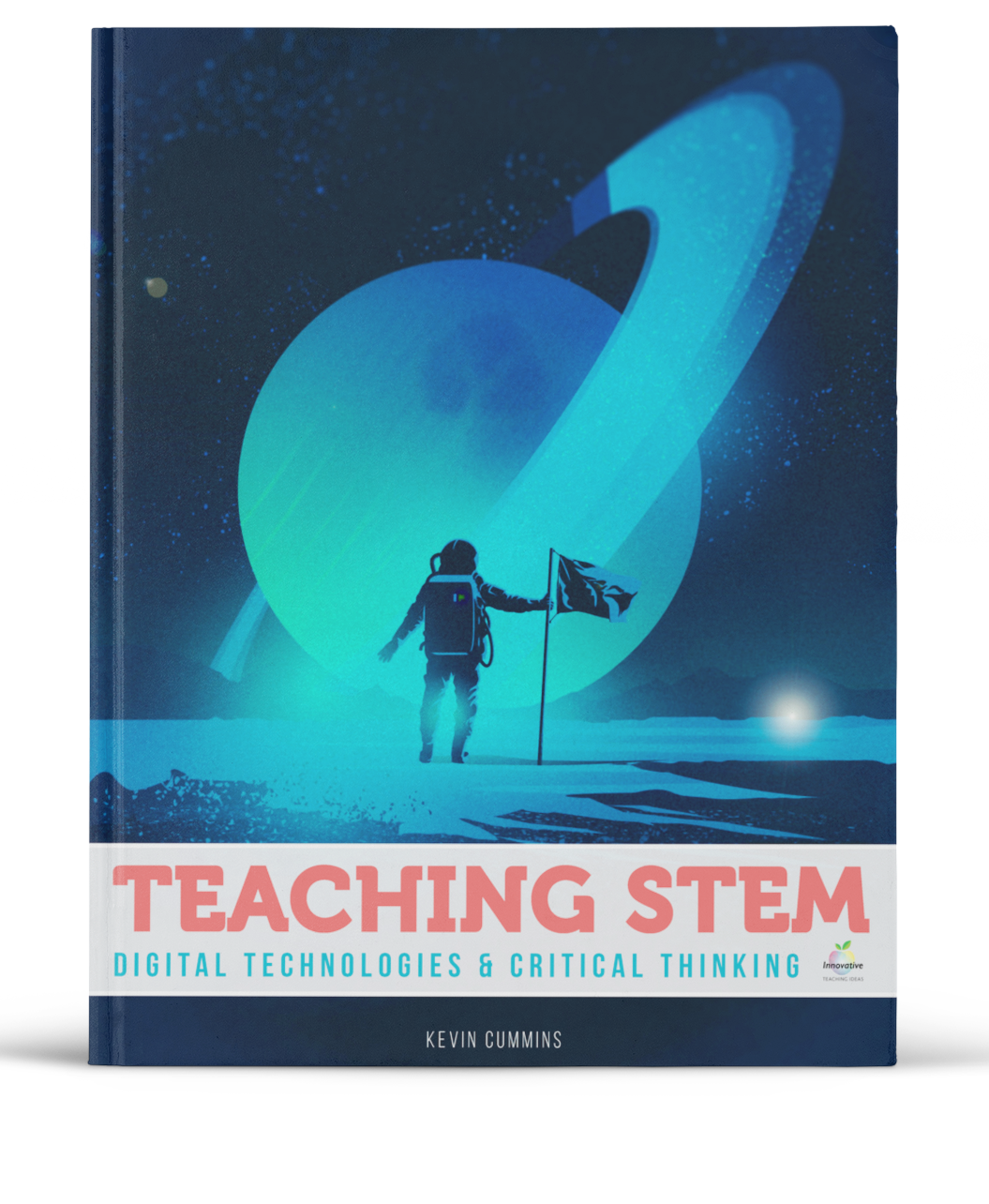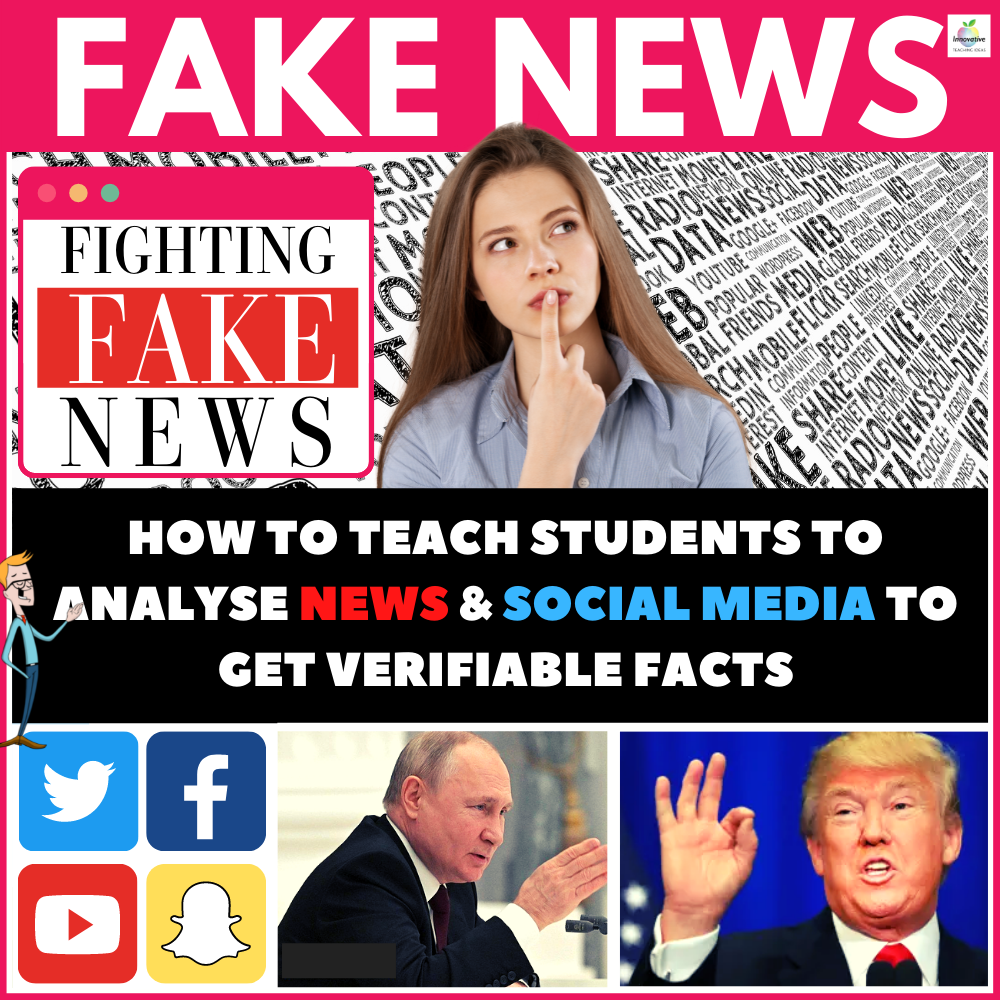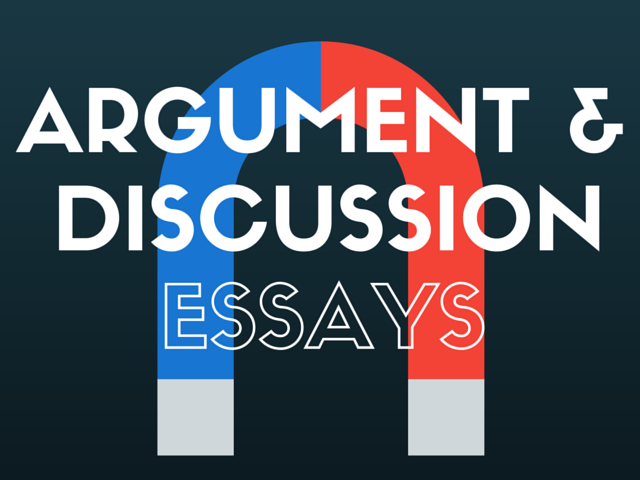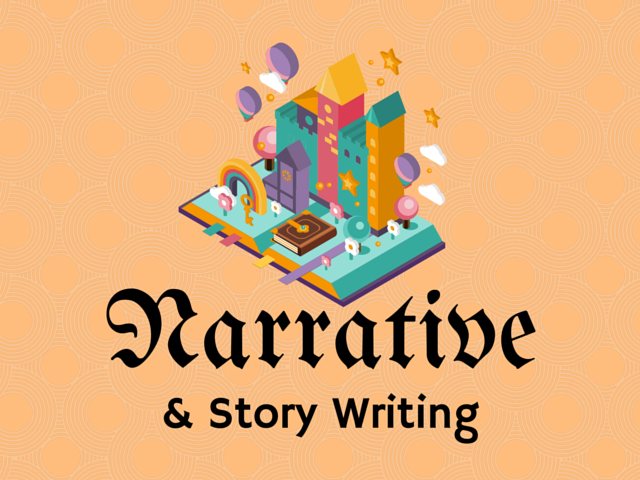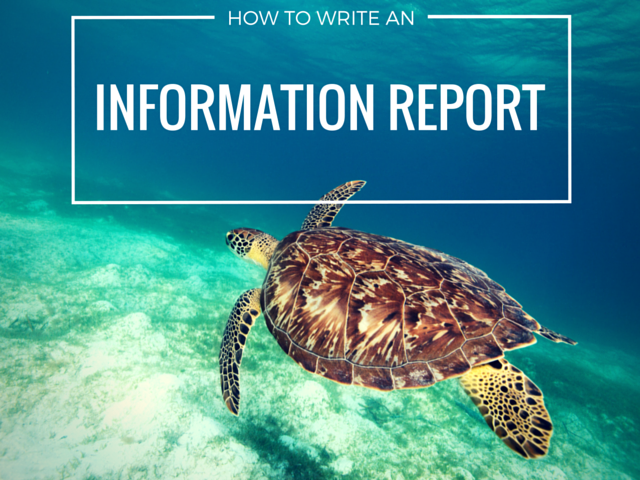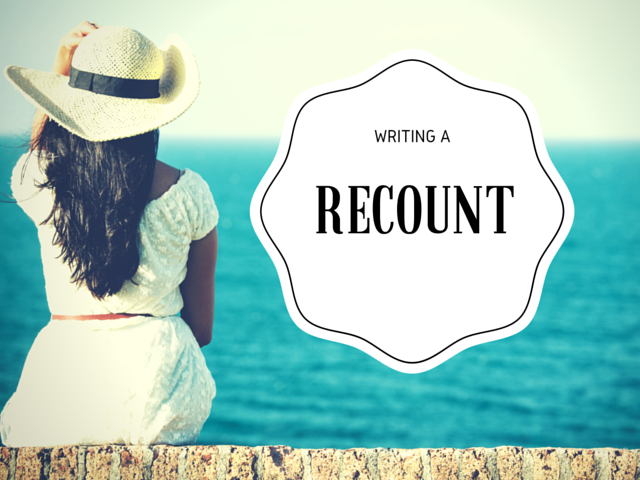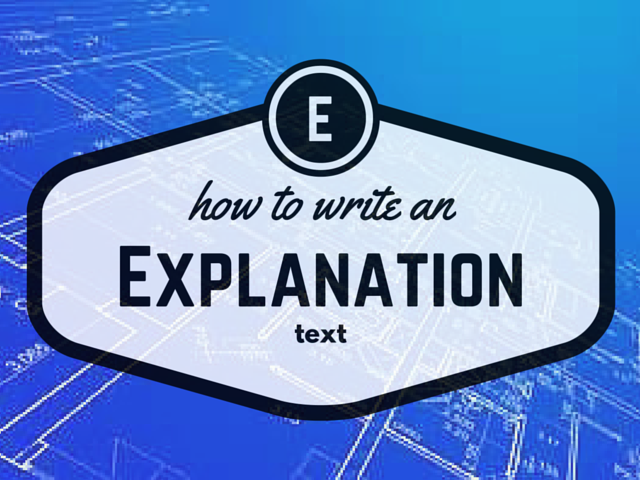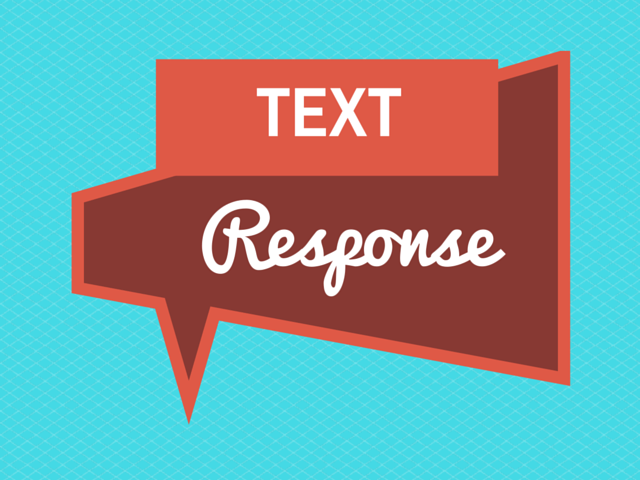
First off let me just say that I love my job as a teacher. But I am also very glad that I have had the opportunity to work in over 20 unique positions before settling on teaching over ten years ago as it gave me an excellent sense of perspective and skills which still apply in my career.
I also acknowledge that it is highly unlikely that in 20 years I'll still be teaching as I am just not the type of person who sets up shop and settles in for life.
So if you are considering leaving teaching be it for a couple of years or permanently what are your genuine alternatives, especially if you still want to use your trained teaching skills?
Below are some tips that may help you with this process and I know both you and your students will be better for this experience if your heart is no longer in teaching or you simply need a change of environment to appreciate how much you actually do love your current job.
Identify industries that have a need for individuals with education and training backgrounds. This is a huge corporate area today as companies know that if they invest in quality professional development staff are happy and stay longer in their role. Don’t feel as though you should be confined to educational publishing companies, test and measurement service providers and educational assessment specialists.
Submit your resume to both education and non-education related companies. Any boss worth a pinch of salt knows a teacher is a highly organised and creative individual and upsell this in your resume.
Be honest - It is the 21st century and most people will change career paths approximately three times during their working lives. Don't hide the reasons you are looking for a new career but play on all those strengths and talents that you brought to every class, meeting and report you wrote.
Focus your sights on your skill specialization. English and Language Arts certifications can lead to jobs in writing, editing and copywriting. Science certified individuals may consider working in a lab. But then you just might want to be the most organised Starbucks employee in history too. The worst mistake you could make is to do the same job for half the pay, no holidays and little respect from workmates and clients.
Search the web for both education-related jobs by all means but get out amongst that local community you have been contributing too all along. Chances are if you were a quality teacher then people will be aware of the skills and background you bring to a job.
Finally - never undersell yourself, Teachers are incredibly diverse and multi skilled professionals working with some of the best and worst 'clients' in society. Don't be afraid to spruke your skill base and enthusiasm to give anything a try that might interest you.
Good Luck. Lifelong education doesn't have to happen within the walls of a classroom for all of us.







